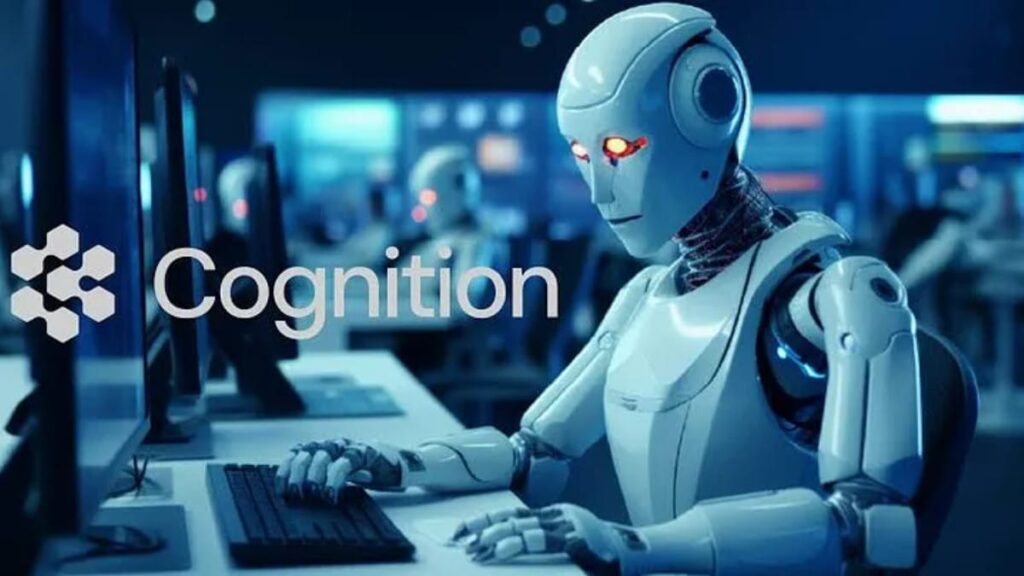Six-month-old Cognition Labs has been seeking a $2 billion valuation for several months. This record reflects growing investor interest and confidence in the potential of artificial intelligence (AI) startups.
From $350 million valuation to $2 billion
In a recent fundraising campaign, Cognition Labs secured $175 million, led by Peter Thiel's Founders Fund, valuing it at $2 billion. At this valuation, Cognition Labs joins companies like his French AI company Mistral and Perplexity AI, which are already worth billions of dollars.
Mistral is already in talks with potential investors to raise $533 million, which would increase its valuation to $5.3 billion.
Cognition Labs was founded in November 2023 by Scott Wu, Walden Yan, and Steven Hao. By the beginning of this year, it was already worth $350 million. This followed his $21 million Series A funding round led by Founders Fund. Soon, Cognition Labs started talking about increasing its valuation to his $2 billion. This suggests the company plans to increase its January valuation six times in just a few weeks.
At the time, Founders Fund indicated it was investing in a new round of funding. Notably, Cognition Labs, which is currently developing an AI tool for writing code, reportedly declined a $1 billion valuation.
Cognition Labs could use this new funding to drive further development, particularly product enhancements.
Cognition Labs defies expectations with Devin
Such large and rapid valuation increases are indicative of a growing interest in AI-powered tools, and in Cognition's case, tools that can automate software development tasks. Therefore, the launch of Devin by Cognition Labs was a significant contributor to the company's latest valuation.
Devin, an AI software engineer, was founded in March and piqued the curiosity of technology enthusiasts. This AI tool was vetted by several top technology companies and passed several hands-on engineering interviews. In particular, Devin can perform autonomous coding and fine-tune AI models. It can complete tasks independently without human intervention.
The tool shows promising results, including an accuracy of 13.86% for solving problems independently. This figure is higher than the 1.96% recorded by the previous best model.


